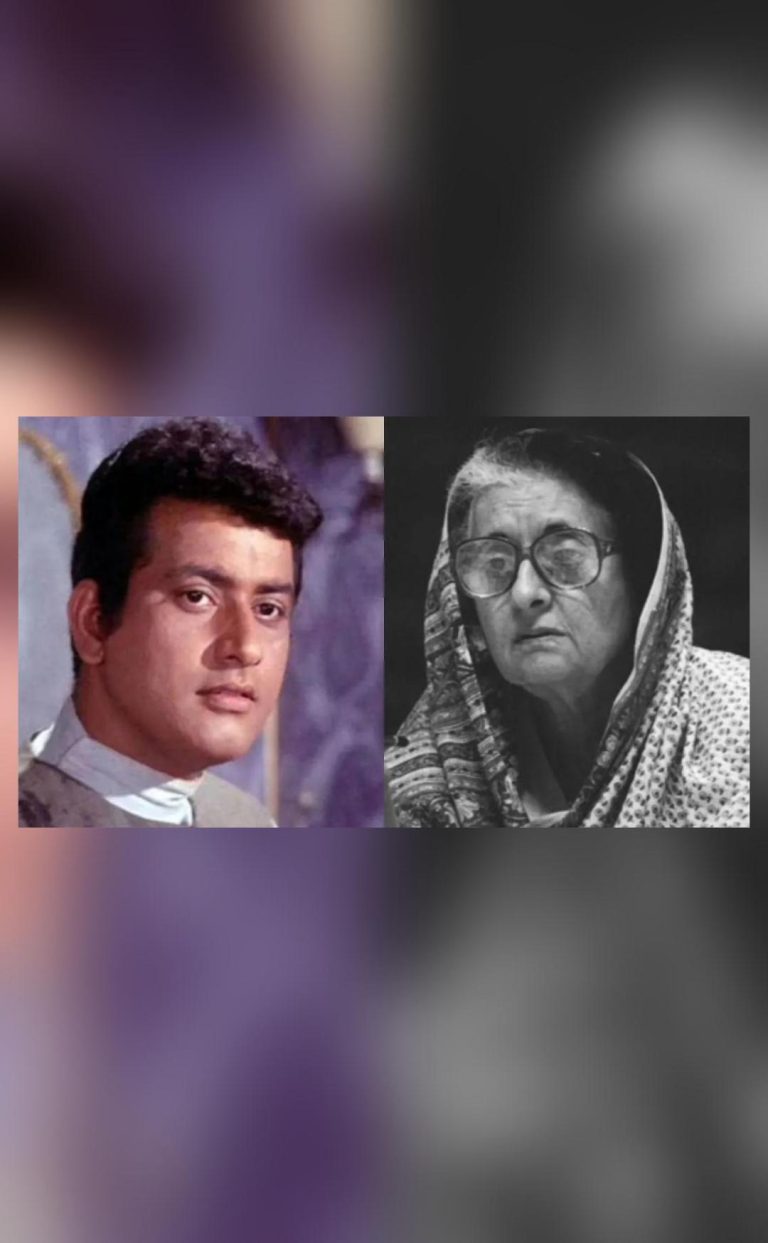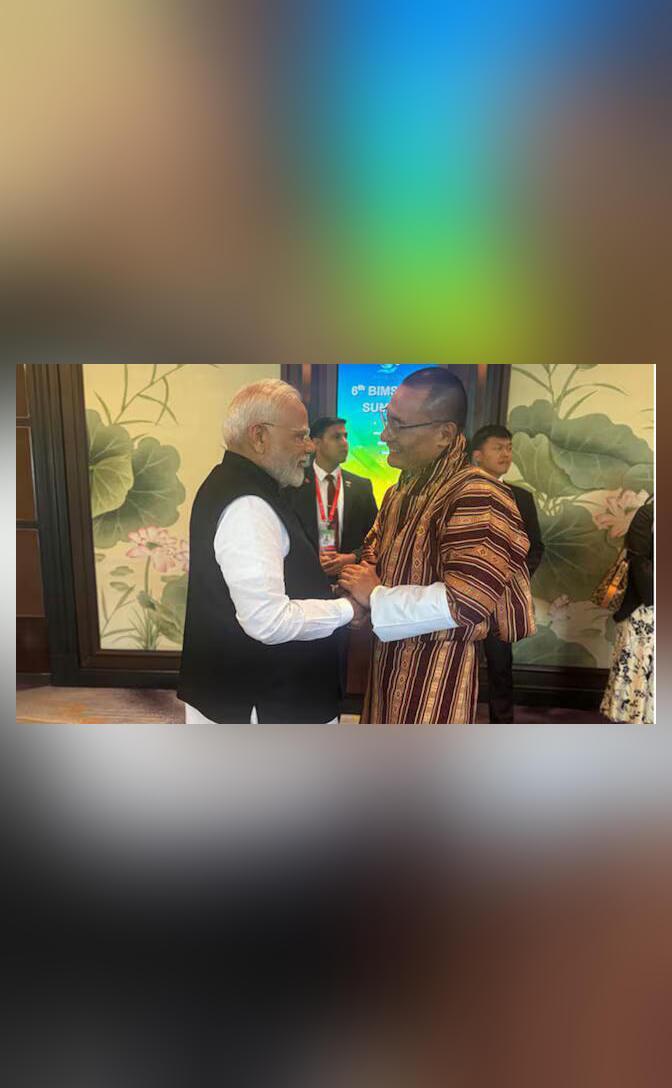
Samay, Ranveer, Ashish & Others Booked Amid Row Over Vulgar Remarks
The world of social media has been witnessing a plethora of controversies lately, and the latest one to grab attention is the FIR filed against several popular YouTubers, including Samay Raina, Ranveer Allahbadia, Apoorva Mukhija, Ashish Chanchlani, and Jaspreet Singh. The case was registered in Assam over an episode of “India’s Got Latent”, a YouTube series that features conversations and challenges among content creators.
The FIR was filed under sections 292 (sale of obscene material) and 509 (word, gesture or act intended to insult the modesty of a woman) of the Indian Penal Code (IPC). The complainant, a resident of Guwahati, has accused the YouTubers of promoting obscenity and engaging in sexually explicit and vulgar discussions on the show.
The controversy began when Ranveer Allahbadia, a popular YouTuber and co-host of “India’s Got Latent”, made a joke about watching his parents having sex. The jest was met with widespread outrage on social media, with many users expressing their disgust and disappointment at the content creators’ behavior.
The FIR, however, also names other YouTubers, including Samay Raina, Apoorva Mukhija, Ashish Chanchlani, and Jaspreet Singh, who were part of the “India’s Got Latent” episode that sparked the controversy. The complainant has alleged that the content creators used indecent language and made suggestive remarks, which were intended to insult the modesty of women and promote obscenity.
The FIR has been filed at the Kamrup (Metro) district police station in Assam, and the police have launched an investigation into the matter. The content creators have been booked under the IPC sections mentioned earlier, which carry a maximum punishment of three years’ imprisonment and a fine.
The controversy has sparked a heated debate on social media, with many users divided over the issue. While some have condemned the content creators’ behavior and demanded action against them, others have defended their right to freedom of expression and called for the issue to be put into perspective.
The incident has also raised questions about the regulation of content on social media platforms and the need for stricter guidelines and oversight mechanisms. There have been instances in the past where similar controversies have erupted over inappropriate content on YouTube and other social media platforms.
In the wake of the FIR, the content creators have faced backlash on social media, with many users calling for their channels to be banned or their content to be taken down. The episode has also sparked a debate about the need for accountability and responsibility among content creators, who wield significant influence over their audiences.
As the controversy continues to unfold, it remains to be seen how the content creators will respond to the allegations and what measures will be taken to ensure that such incidents do not recur in the future. The case has also highlighted the need for greater awareness and education about what constitutes appropriate behavior and content on social media platforms.






